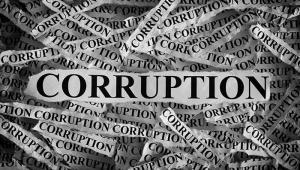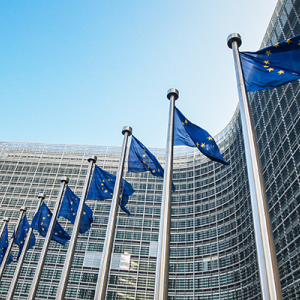Transparency International and more than 25 Nigerian civil society organisations have called on the country’s president Muhammadu Buhari to veto legislation that they argue would strip away powers of anti-corruption institutions in Nigeria.
Transparency International pointed out that the proposed amendments to Nigeria’s Code of Conduct and Code of Conduct Tribunal Act appear to be specifically designed to weaken the legislation as it applies to the senate president. The current holder of the post, Bukola Saraki, faces a tribunal after being accused of receiving two salaries in two states and keeping secret offshore accounts, revealed in the Panama Papers.
“The law should apply to everyone equally,” stated Jose Ugaz, chair of the anti-corruption NGO. “To try to amend legislation to protect the senate president is a blatant attempt to manipulate the rule of law.”
The new legislation, which was passed a second reading last week, would see the control of the country’s Code of Conduct Bureau and Code of Conduct Tribunal transferred from the government to the attorney general.
The bill’s supporters say this will stop the government from using the CCB and CCT to put pressure on political opponents.
But the amendment also includes a provision to give public officers accused of breaching the Code of Conduct Law the chance to make a written statement before being referred to tribunal – a feature seemingly based on Saraki’s argument that his case should be dismissed because he was not invited to give a written statement before being called to tribunal.
Deputy senate president Ike Ekweremadu told Premium Times Nigeria the amendment was not intended to benefit Saraki, whose case could not be affected because it had started before the proposed law.
But campaigners argue it will water down anti-corruption measures.
Nigeria’s Socio-Economic Rights and Accountability Project has petitioned the United Nations Rapporteur on extreme poverty and human rights, Philip Alston, to request the Nigerian parliament to withdraw the amendments.
The country’s Civil Society Legislative Advocacy Centre, Partners for Electoral Reform and Transition Monitoring Network are some of the other organisations opposing the bill.













